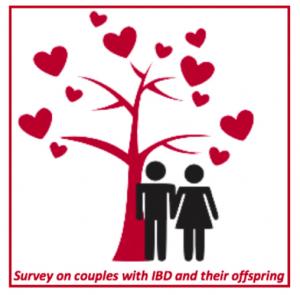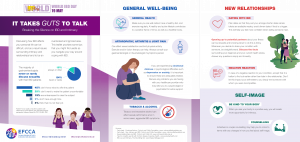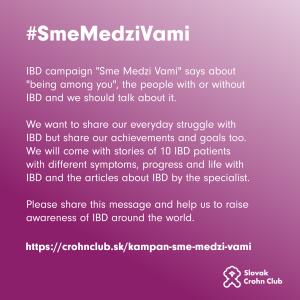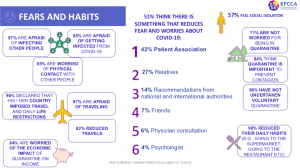Results of survey ¨Patients’ perceptions of surgery in IBD¨
The results of the survey " Patients’ perceptions of surgery for inflammatory bowel disease" have been published this month (16 July) in the Colorectal Disease Journal.
EFCCA has collaborated in this study which was led by Professor Antonino Spinelli (Humanitas Clinical and Research Center IRCCS, Milan, Italy) and which investigated patients’ perceptions of surgery and the impact on reported outcomes.
Go to abstract: https://onlinelibrary.wiley.com/doi/10.1111/codi.15813









